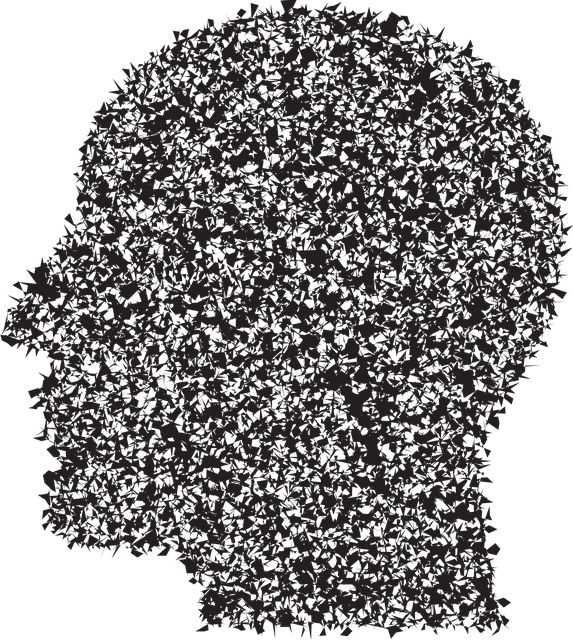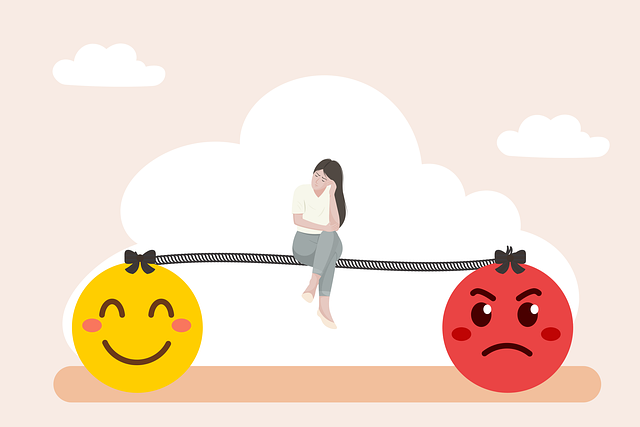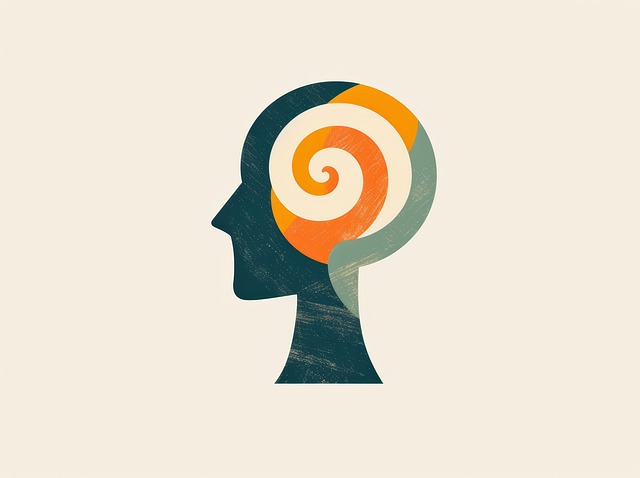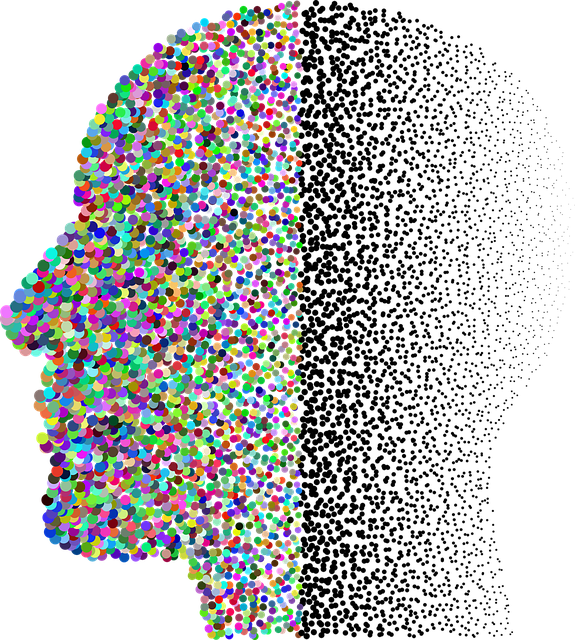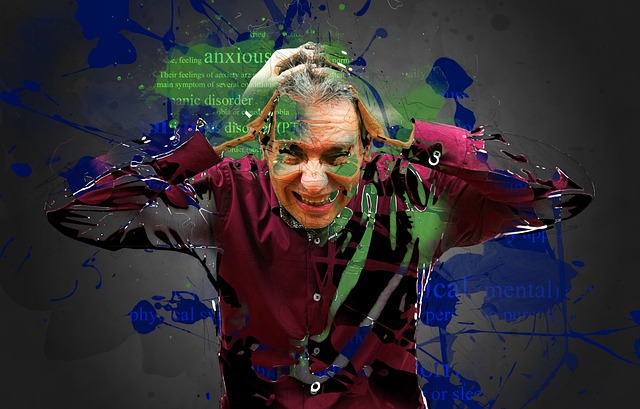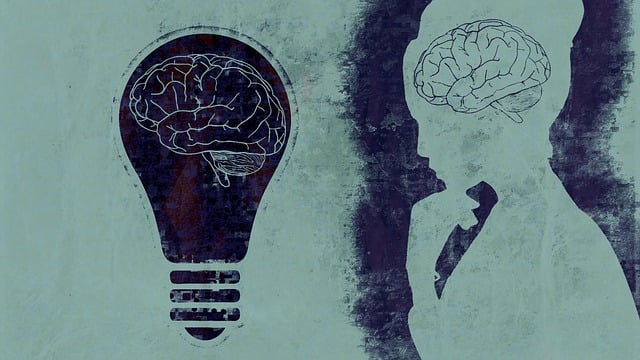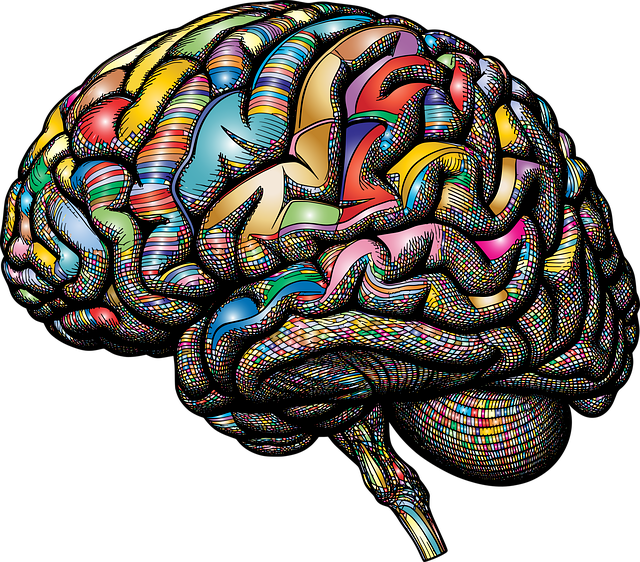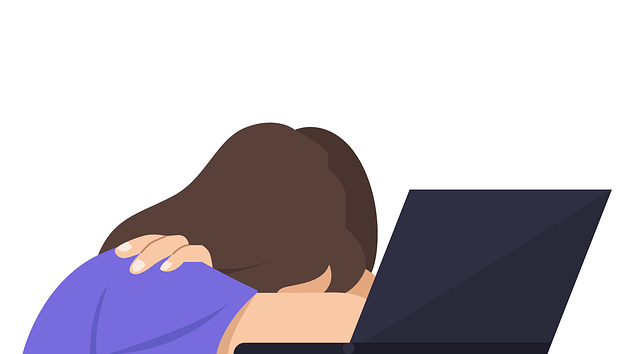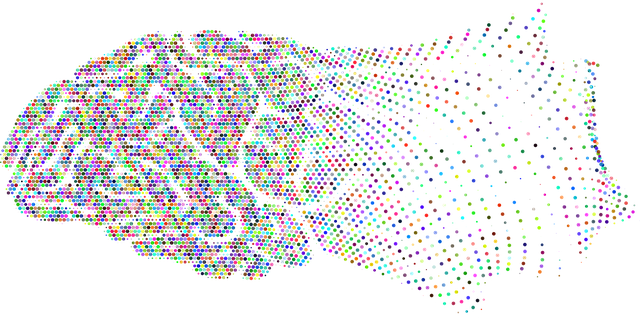Young adults with Attention-Deficit/Hyperactivity Disorder (ADHD) face heightened stress levels due to challenges with time management, organization, and focus. Effective therapy for young adults ADD-ADHD involves mental health professionals integrating tailored stress reduction techniques like mindfulness practices, structured planning, and positive thinking strategies. Cognitive Behavioral Therapy (CBT), conflict resolution skills, structured routines, and relaxation techniques empower individuals to manage interpersonal stressors, improve emotional regulation, and enhance overall well-being. Stress Management Workshops specifically designed for young adults provide additional tools to boost focus, productivity, and holistic stress alleviation.
Stress reduction is a vital topic, especially for young adults navigating the challenges of Attention-Deficit/Hyperactivity Disorder (ADD/ADHD). This article explores effective methods to manage stress and its profound impact on this demographic. We delve into therapeutic approaches tailored to young adults with ADD/ADHD, offering practical strategies for daily life. By understanding the unique stressors and implementing evidence-based techniques, individuals can enhance their overall well-being and improve their quality of life. Discover actionable steps towards a calmer, more focused mind.
- Understanding Stress and Its Impact on Young Adults with ADD/ADHD
- Therapeutic Approaches for Effective Stress Reduction
- Practical Strategies for Daily Stress Management
Understanding Stress and Its Impact on Young Adults with ADD/ADHD

Stress is a common experience for young adults with Attention-Deficit/Hyperactivity Disorder (ADHD or ADD), but it can be particularly challenging due to their unique cognitive profiles. Understanding the impact of stress on this demographic requires recognizing how ADHD influences emotional regulation and coping mechanisms. Young adults with ADHD often struggle with time management, organization, and focus, which can exacerbate stress levels. For instance, they might find themselves overwhelmed by seemingly simple tasks or have difficulty prioritizing responsibilities, leading to increased anxiety and stress.
The effects of chronic stress on this population are significant. Prolonged stress can contribute to emotional dysregulation, making it harder for individuals to manage their ADHD symptoms effectively. It may also impact their ability to seek and benefit from therapy. Therefore, healthcare providers offering treatment for young adults with ADD/ADHD should have cultural competency training in mental health, understand the specific challenges these individuals face, and incorporate stress reduction techniques tailored to their needs. This might include mindfulness practices, structured planning sessions, or encouraging positive thinking strategies as part of a comprehensive risk management planning process.
Therapeutic Approaches for Effective Stress Reduction

Stress reduction is a vital aspect of mental health care, especially for young adults navigating life’s challenges. Therapeutic approaches play a crucial role in managing and mitigating stress levels. For individuals with Attention Deficit Disorder (ADD) or Attention-Deficit/Hyperactivity Disorder (ADHD), specialized therapy can be transformative. Cognitive Behavioral Therapy (CBT) is a popular method that helps identify and change negative thought patterns, thereby reducing anxiety and improving coping mechanisms. This form of therapy encourages young adults to challenge their stress triggers and develop healthier responses.
Incorporating Conflict Resolution Techniques into therapeutic sessions can further enhance stress reduction strategies. Mental health professionals conduct thorough risk assessments to ensure safe and effective interventions. By combining CBT with conflict resolution skills, young adults gain valuable tools to manage interpersonal stressors commonly associated with ADD/ADHD. These approaches collectively foster better emotional regulation, leading to improved overall well-being.
Practical Strategies for Daily Stress Management

In today’s fast-paced world, stress has become an omnipresent companion for many young adults grappling with the challenges of modern life. For those diagnosed with Attention Deficit Disorder (ADD) or Attention-Deficit/Hyperactivity Disorder (ADHD), managing stress can be an even greater hurdle. However, practical strategies exist to help navigate these daily stressors and foster a healthier, more balanced lifestyle.
One effective approach is to incorporate structured routines into one’s schedule. This could involve setting aside dedicated time for relaxation techniques like mindfulness meditation or deep breathing exercises. Additionally, engaging in regular physical activity, such as yoga or jogging, has been shown to reduce symptoms of both ADD/ADHD and anxiety by promoting emotional regulation. Stress Management Workshops organized by mental health organizations often cater to young adults, offering tools for coping with daily pressures while teaching techniques to enhance focus and productivity, thereby alleviating stress on a holistic level.
Stress reduction is a vital aspect of managing Attention Deficit Disorder with or without Hyperactivity (ADD/ADHD) in young adults. By understanding the unique impact of stress on this demographic and employing therapeutic approaches tailored to their needs, significant improvements can be achieved. Combining these evidence-based methods with practical strategies for daily stress management allows young adults with ADD/ADHD to thrive. Engaging in therapy specifically designed for this population, such as cognitive-behavioral therapy, coupled with techniques like mindfulness and structured routines, can profoundly enhance overall well-being and quality of life.
